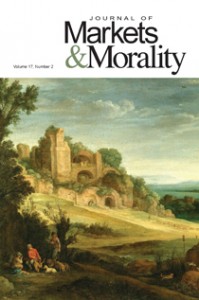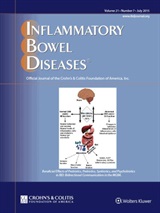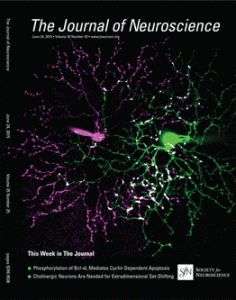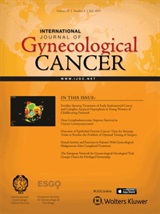
An HIV researcher has admitted to faking data in a published paper, a manuscript, and two grant applications, according to a notice released today by the the Office of Research Integrity (ORI).
Former postdoc Julia Bitzegeio faked data in a 2013 paper, published in the Journal of Virology, about how HIV adapts to interferon. In the paper, “the manipulation was really minor,” Theodora Hatziioannou, principal investigator of the lab at the Aaron Diamond AIDS Research Center (ADARC) in New York City where Bitzegeio worked, told Retraction Watch. “She just made cosmetic changes.”
The paper will be corrected, Hatziioannou said. Bitzegeio has left her lab, and her future is somewhat less clear:
Continue reading HIV postdoc faked data in published paper, 2 grants







 Over a decade ago, a case report on a woman with cervical cancer and lymphoma was “published twice” by the International Journal of Gynecological Cancer within the span of a few months. The retraction note came out just now.
Over a decade ago, a case report on a woman with cervical cancer and lymphoma was “published twice” by the International Journal of Gynecological Cancer within the span of a few months. The retraction note came out just now.